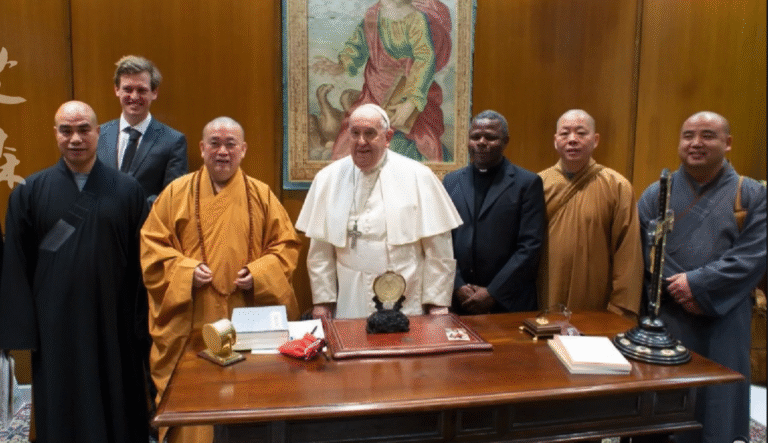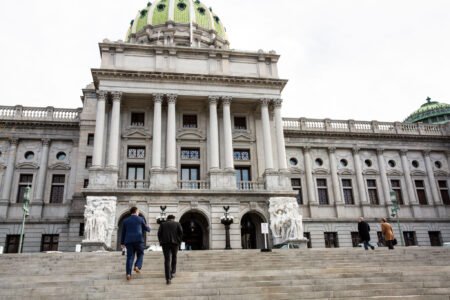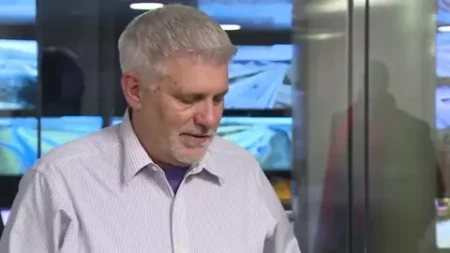The head of the famous Shaolin Temple, Abbot Shi Yongxin, is facing a serious investigation by Chinese authorities. The temple announced that Shi Yongxin is suspected of embezzling temple funds, having improper relationships with women, and fathering illegitimate children. The Buddhist Association of China has also removed his monastic ordination.
According to the Chinese news outlet Caixin, Shi was taken into custody late last Friday. After returning from an overseas trip during the Chinese Lunar New Year in February, he was banned from leaving China. Though summoned by officials, he was still allowed to travel within the country.
The destination and purpose of Shi’s foreign trip were not disclosed. However, it is confirmed that on February 1, Shi led a Shaolin delegation to the Vatican and met with Pope Francis. This meeting was not acknowledged by Chinese authorities and was largely downplayed by the Vatican due to its unofficial nature.
Online observers speculate that this Vatican visit may have triggered Shi’s fall from grace. Since China and the Vatican do not have formal diplomatic relations, some believe Shi acted independently, risking political backlash to boost his religious standing. Beijing tightly controls religious affairs and views any such moves outside Communist Party oversight as unacceptable.
Others think Shi misread the current political climate. China has been pushing for “sinicisation” — aligning religions with Chinese Communist Party values. Religious leaders are expected to strictly follow government rules, and any perceived disobedience can lead to swift action.
The official charges focus on embezzlement of temple funds. Shi became a monk at Shaolin in 1981 at age 16, and he has been the abbot since 1999. Under his leadership, the ancient temple turned into a global brand, attracting thousands of visitors and kung fu fans worldwide.
Shi’s role went beyond religion. He built a large business empire, earning the nickname “CEO monk.” He also held political roles, including vice president of the Buddhist Association of China and a seat in the Chinese People’s Political Consultative Conference. For over ten years, he was a delegate in China’s National People’s Congress.
He publicly supported the Communist Party’s push to “sinicise” Buddhism. In 2018, under his leadership, Shaolin became the first temple to raise China’s national flag, a move that sparked online debate.
In China, official religious groups are managed by the Communist Party’s United Front Department. Analysts say Shi’s political roles make him a state official as much as a religious leader.
It remains unclear if Shi’s visit to the Vatican had government approval. Photos show a private meeting between Shi and Pope Francis without Chinese officials present.
Shaolin Temple’s fame grew through pop culture, especially the Jet Li film “Shaolin.” But its commercial activities have faced criticism. Chinese media say temple tourism once made up nearly one-third of Dengfeng city’s yearly budget.
Critics complain about high ticket prices and commercial sales of incense and Buddhist goods. Rumors also circulated about plans to list the temple on the stock market. In 2015, controversial proposals for a hotel, kung fu school, and golf course stirred protests.
Shaolin’s brand also expanded internationally. Groups of monks travel worldwide for martial arts shows, and temple branches have opened abroad.
As Shaolin grew, rumors about Shi increased. In 2015, one disciple accused him of corruption and fathering two children outside marriage. An investigation then found no proof. This time, the case seems different, with stronger official action.
Shi Yongxin’s investigation marks a dramatic fall for a monk who rose from a young Shaolin trainee to a powerful religious and political figure. His fate may signal the Chinese government’s firm control over religion and intolerance for actions outside its set limits.







